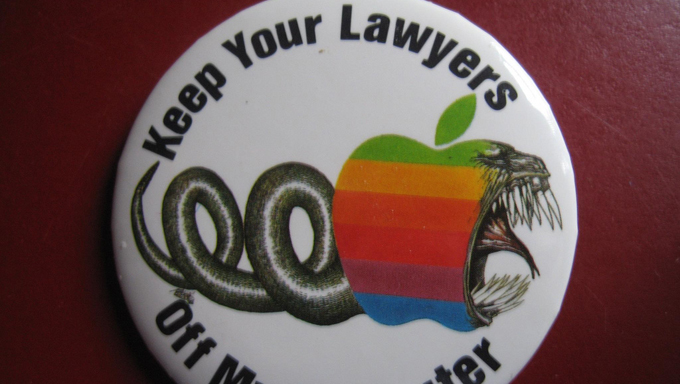 “Patent trolls”—companies who buy patent rights to collect licensing fees from companies that use the patents in question without actually producing anything themselves—love East Texas. The friendly-to-patent-holders United States District Court for the Eastern District of Texas gives plaintiffs a success rate of over 45 percent, which stacks up nicely against a national average of around 20 percent.
“Patent trolls”—companies who buy patent rights to collect licensing fees from companies that use the patents in question without actually producing anything themselves—love East Texas. The friendly-to-patent-holders United States District Court for the Eastern District of Texas gives plaintiffs a success rate of over 45 percent, which stacks up nicely against a national average of around 20 percent.
The court has offices Tyler, Marshall, Lufkin, Beaumont, Sherman, and Texarkana, and if you’re confused about why the national tech industry is paying so much attention to what happens in a noted technology hub like Marshall (um, not really), you’re not alone. In 2006, the New York Times reported from Marshall about what precisely makes them so patent-plaintiff friendly. What they found was a combination of local rules that make patent cases go very quickly, a local culture that’s historically been friendly to plaintiffs in intellectual property suits, and the fact that plaintiffs tend to hire local lawyers, which means that an out-of-town lawyer from Apple or Microsoft is up against someone who may go to church with the judge every Sunday.
With research on patent troll cases dating back years, their existence isn’t exactly news: a terrific 2011 episode of This American Life told the story well. But what’s interesting is that they keep winning. Most recently, the company Lodsys, which claims to hold the patent to in-app purchases, scored a victory last week when US District Judge Judge James Rodney Gilstrap in Marshall tossed out a motion from Apple arguing that they’d already settled the case. Lodsys continues to sue app developers (many of whom run very small operations) for a small percentage of their revenue, and Apple—whose vested interest in protecting small app developers is related to the fact that, um, they already take a major percentage of in-app-purchase revenue—is now cut out of the process.
The question of whether or not patent trolling is a legitimate practice, meanwhile, continues to be in question. Last month, a San Francisco-based judge hearing a patent case filed in Texas that was transfered to the less-friendly confines of the Northern District of California, ordered that the plaintiff, Network Protection Services, explain why their supposed Longview headquarters is a windowless closet with no employees save for a “director of business development” who moonlights as a longtime local real estate agent and landlord for the building. We’ll see how that plays out.
Image via Flickr







